
Statistics show that up to 17 million Vietnamese people have participated in cryptocurrency transactions - Illustration photo drawn with AI
In the report "Shaping the Vietnamese Digital Asset Market" published on September 20, VinaCapital Fund Management Company said that an estimated 17 million Vietnamese people have participated in cryptocurrency transactions (with a total annual crypto asset transaction value estimated at over 100 billion USD), of which almost all activities take place on foreign exchanges such as Binance, Bybit and other platforms in Singapore, Korea, Hong Kong, etc.
Paving the way for the crypto asset market to come into a framework
The issuance of Resolution 05 on the pilot implementation of the crypto asset market in Vietnam is assessed by VinaCapital as a move to shift cryptocurrency activities in Vietnam from a large-scale informal market, dependent on foreign channels, to an official market that can be managed in terms of tax and integrated into the domestic financial system.
In July, the National Assembly passed the Law on Digital Technology Industry, officially recognizing digital assets and requiring cryptocurrency platforms to have licenses to operate in the country, while also providing a direct transaction gateway in Vietnamese Dong from January 1, 2026.
Also in July, the Government launched NDAChain - Vietnam's national blockchain platform, enabling secure financial transactions and secure online shopping.
Mr. Michael Kokalari - Director of macroeconomic analysis and market research at VinaCapital - assessed that the Government is focusing on three key goals: legalizing and taxing crypto asset transactions, integrating digital assets into the domestic financial system, and enhancing investor protection and market supervision.
"The direction of shifting billions of dollars of trading activities from overseas exchanges to the domestic system, allowing the Government to generate tax revenue from crypto-asset trading activities. Connecting digital assets more closely with the financial system will open up new capital mobilization channels and support the digital economy, less dependent on cash," said Mr. Michael Kokalari.
In addition, setting standards for custody and reporting activities, and bringing digital assets into the framework of existing regulations on anti-money laundering and counter-terrorism financing.
Vietnam's leap in the digital economy race
VinaCapital believes that the launch of NDAChain (National Data Center blockchain platform) is one of many steps that will help promote the tokenization process in Vietnam, which means that familiar financial assets (bonds, fund certificates, commercial invoices, carbon credits) will be issued and traded as digital assets on managed and bank-linked infrastructures.
As a key national digital infrastructure platform, NDAChain provides a shared identification and data storage system, allowing licensed platforms to conduct transactions in VND as well as automate the issuance, payment and ownership transfer processes.
In parallel, businesses can connect to NDAChain to implement trade settlement, escrow, and invoice payments; where permissioned, regulated stablecoins will enable 24/7 low-cost money transfers, bridging the gap between everyday payments and digital assets.
Michael Kokalari said that early licensed exchanges and brokers could attract trading volumes, fees, and valuable market data from overseas platforms to regulated domestic channels. In addition, the new regulations pave the way for Bitcoin funds and diversified digital asset funds to meet the demand from insurance organizations, pension funds, and other domestic institutions based in Vietnam.
Additionally, the state-sponsored NDAChain and upcoming pilot exchange will enable the tokenization of trade invoices, carbon credits, and other real-world assets.
According to this person, licensed exchanges will connect with domestic banks and electronic payment tools approved by the State Bank for dong deposits and withdrawals, giving pioneers access to payment fees and user data.
This could evolve into a “digital asset bank” model, where banks provide custody, payment and lending services for digital assets.
Integrating crypto assets into the domestic financial system
Beyond the financial sector, the country’s economy will also benefit from tokenization and blockchain applications, said Michael Kokalari. Industries such as supply chain management, renewable energy, and real estate can access new funding models through tokenized assets, while carbon credits, trade invoices, and other instruments will have higher liquidity.
If implemented effectively, Vietnam’s digital asset management efforts would not only help control existing operations but also integrate crypto assets into the domestic financial system.
Source: https://tuoitre.vn/dua-tai-san-so-vao-vung-sang-phap-ly-khoi-thong-mo-vang-cho-kinh-te-so-20250920190841601.htm




![[Photo] Closing of the 13th Conference of the 13th Party Central Committee](https://vphoto.vietnam.vn/thumb/1200x675/vietnam/resource/IMAGE/2025/10/08/1759893763535_ndo_br_a3-bnd-2504-jpg.webp)









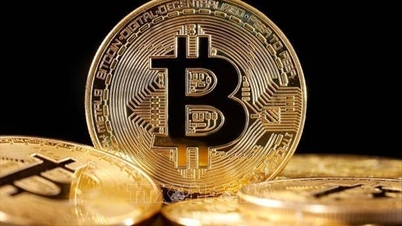

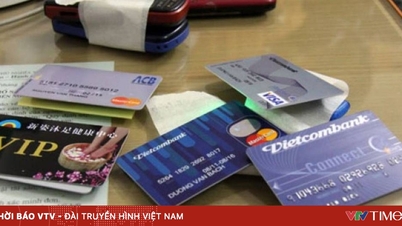
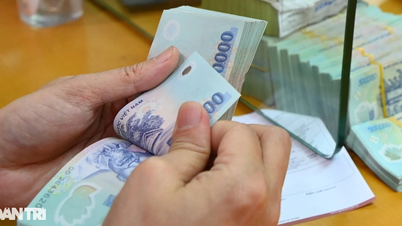






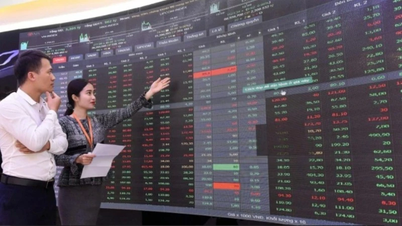








































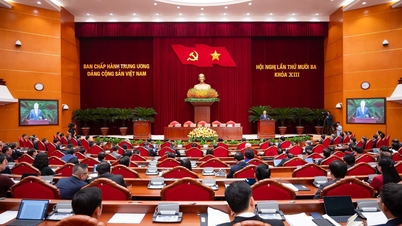

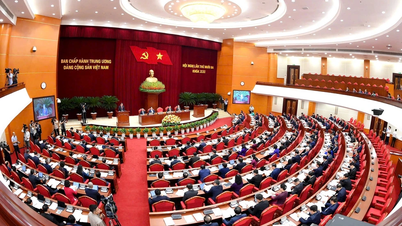


























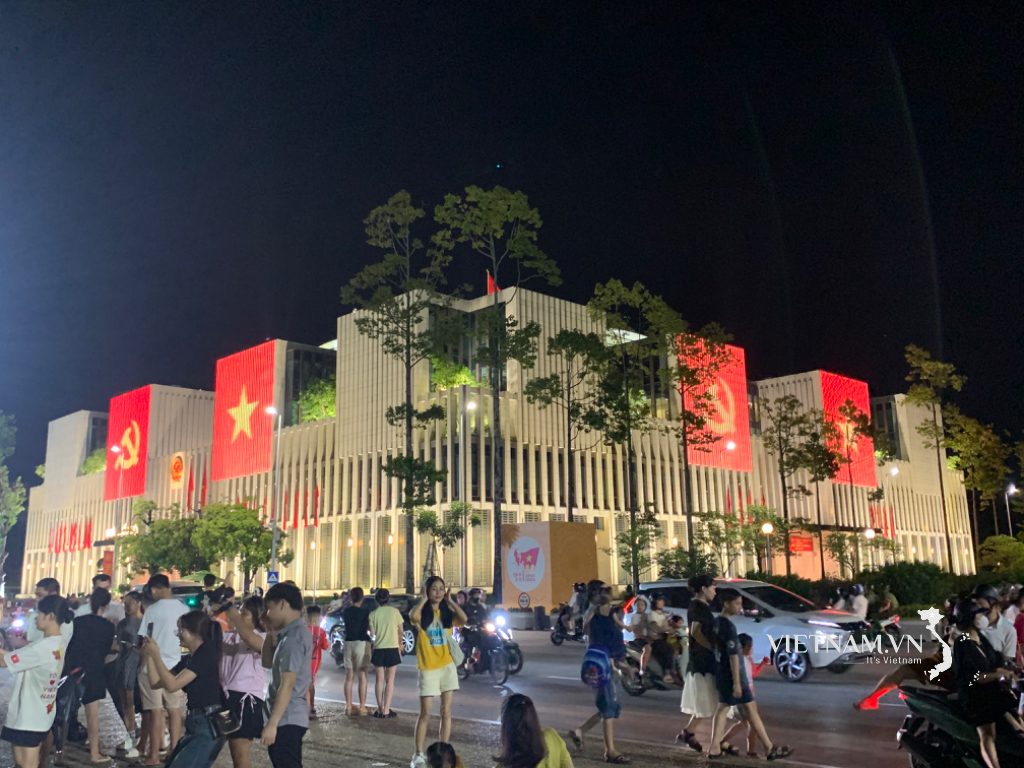



Comment (0)